DailyPress.com
Time moves a little bit differently for the Moody Blues, which perhaps makes sense for a band whose most famous album was called "Days of Future Passed."
The core lineup of the orchestral rock band came together 50 years ago, but bassist John Lodge says it doesn't feel that way. When he listens to "Nights in White Satin" or "Tuesday Afternoon," it doesn't feel like several decades ago that he played those notes.
"No, it feels like now," Lodge said in a phone interview from his home in Barbados. "It's really strange. We don't know where the time goes, but there's something about music. Not just Moody Blues music, but music in general. If it strikes a chord, that chord stays with you forever — as though it's not in the past at all."
The Moody Blues' current tour brings them to the Ferguson Center in Newport News on Saturday night. The key members of the group — drummer Graeme Edge, who founded the band in 1964, and Lodge and guitarist Justin Hayward, who joined two years later — have been performing together for a half-century.
Whenever the band prepares to go out on tour, Lodge said, the musicians immerse themselves in their old music. Not trying to remember the melodies and the lyrics, but to recapture the feel of the original versions.
"The most important thing is to get at the emotion that's in those recording, so that we can convey that on stage today," Lodge said. "It's so easy these days to get the facsimiles of songs almost right. But 'almost right' isn't what we want. It's a gossamer-thin film, really, that takes it into the unknown. We try to do that.
"If it's a quiet song, we like to hear a pin drop on stage. If a song gets loud, we want it to get really loud."
When the Moody Blues emerged from Birmingham, England, in the mid-1960s, they established the fundamental sound that would become known as art rock, or progressive rock. Using a new instrument called the Mellotron (which could recreate the sounds of an entire symphony), the band added orchestral layers that would influence such groups as Pink Floyd, Yes, Electric Light Orchestra and many others.
The swirling arrangements, along with the band's conceptual albums and elliptical lyrics, created a mystique around the Moody Blues. Fans and critics would read great depth into the songs, assigning metaphysical interpretations that sometimes confounded the band members.
That dynamic moved Lodge to write "I'm Just a Singer in a Rock and Roll Band," which hit the top 40 in 1972.
"A lot of people had decided that we knew the answers to the universe," Lodge said. "Somehow they believed if you came to Oklahoma and saw the Moody Blues perform, the world wouldn't end. But we were just the same as everyone else, with no clue at all about what life's about. All I knew was that if you enjoy what you do and focus on what you're doing, you probably have a better chance of enjoying life than if you de-focus."
Lodge is 70 years old now, and Edge is 74. Hayward will hit 70 in October. But the Moody Blues on stage don't come across as septuagenarians.
After a show in Arizona last year, online review Ted Hanson wrote that "the Moody Blues' music and their band members appear ageless," noting that songs written in four different decades sounded amazingly cohesive in the live show. Scott Mervis of the Pittsburg Post-Gazette called them "a remarkably well-maintained band" and wrote of how easily the set list moved between ballads and rockers.
In looking back at the group's career, Lodge said he vividly remembers what it felt like to be young kids thrilled to hear songs by American artists like Buddy Holly, or by composing teams such as Lieber and Stoller, or Goffin and King.
"Those people were songwriters, and they were our inspiration to write our own songs rather than just play songs written by other people," Lodge said. "We wanted to explore rock and roll from an English perspective and find out what makes it tick. The blues is about where you live, and if we could write about where we live, and about our experiences, that would be English blues.
"From the very start, we wrote about our hopes and dreams. We put those in our music and just said, 'Let's explore.'"
